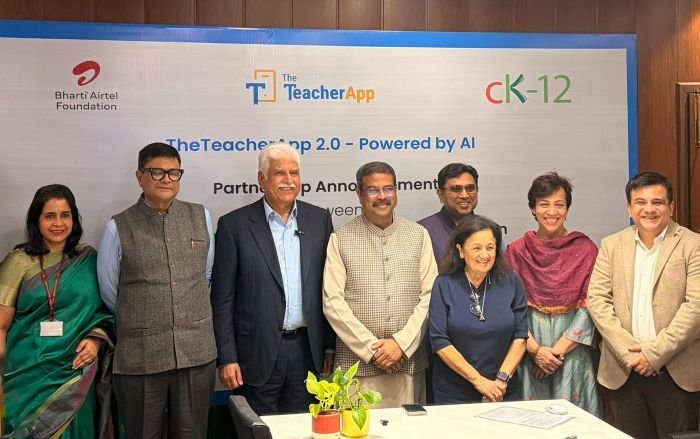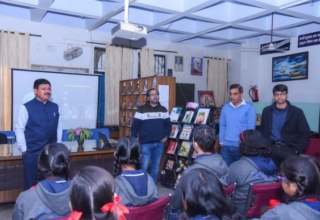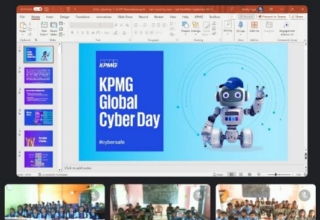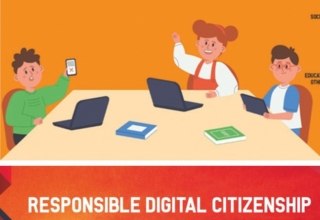Union Minister for HRD, Ramesh Pokhriyal Nishank today launched the information booklet titled “Safe online learning in the times of COVID-19” to raise awareness of students and teachers on staying safe online, virtually in New Delhi. The National Council of Educational Research and Training (NCERT) and UNESCO New Delhi Office developed this booklet.
The booklet will be instrumental in keeping children, young people safe online through basic do’s, and don’ts that will help parents and educators teach their children how to use the internet safely.
In India, an estimated 71 million children aged between 5-11 years access the Internet on devices of their family members, constituting about 14 percent of the country’s active Internet user base of over 500 million. Two-thirds of internet users in India are in the age group of 12-29 year (Data shared by the Internet & Mobile Association of India). Data and statistics have highlighted that post lockdown, the internet has amplified the risk of cyberbullying, including online discrimination for children and young people.
With the aim of addressing these concerns, the National Council of Educational Research and Training (NCERT) and UNESCO New Delhi Office developed this information booklet.
Pokhriyal said,
“Since there has been a huge increase in online and distance learning in times
of COVID-19 situation, there are many children and teachers learning by
engaging with each other using online platforms. Therefore to ensure safe and
secure online environment for children and teachers and it is important empowering
them to stay safe online. We urge all victims of cyberbullying to Report and
seek Support.”
Director and Representative of UNESCO New Delhi Eric Falt said, “UNESCO is committed to ensure access to safe, inclusive and health promoting learning environments for all children. It is imperative that websites, digital platforms, social media platforms are free of Cyberbullying, if children have to access quality education. This information booklet titled ‘Safe online learning in times of Covid19’ highlights the negative consequences of cyber bullying and ways to eliminate and prevent the same”.
Prof. Hrushikesh Senapaty, Director NCERTsaid, “Our investments in the education system
will be ineffective unless we address issues of online safety and prevention of
cyberbullying. Unsafe learning environments can undermine the quality of
education for our learners, as it adversely impacts academic achievement and
future education and employment prospects of students. An atmosphere of
anxiety, fear and insecurity is incompatible with learning, and NCERT is
committed to protect the health and well-being of young people and from online
bullying.”








